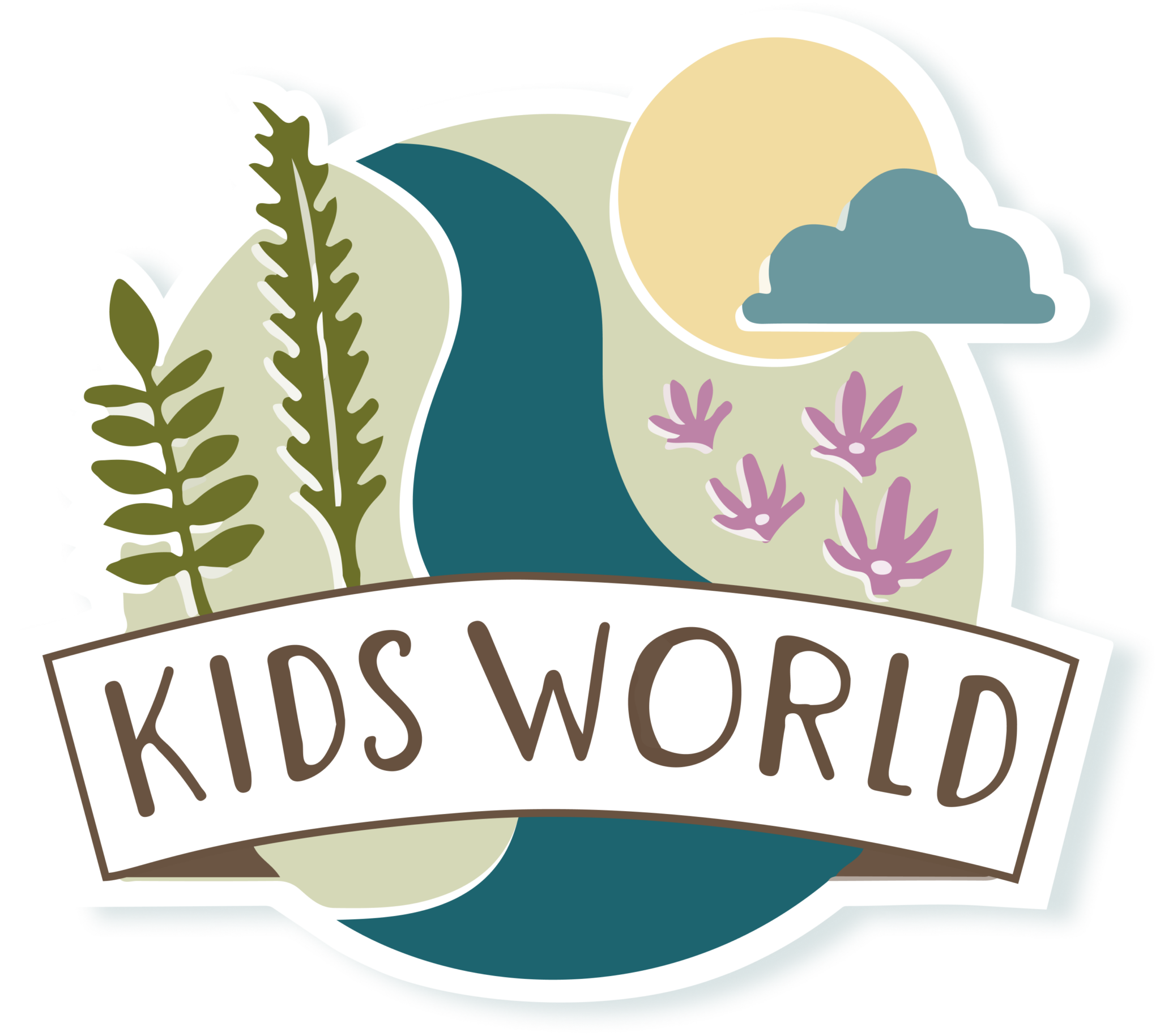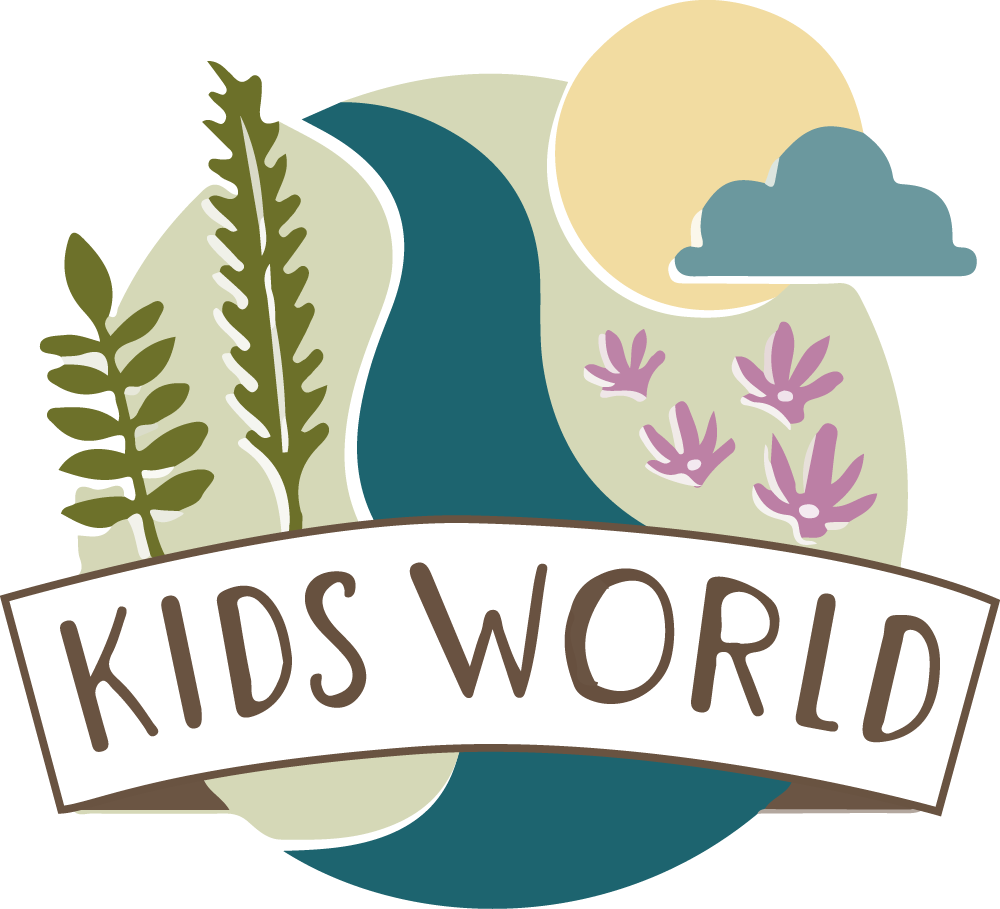This 2020-21 school year is certainly something that is different for everyone, especially childcare programs. Parents had to make the tough choices this year. Some families started school face to face, some opted for virtual public schooling, some decided that homeschool was the best for their families, and some parents opted to trust the programs they have been relying on for the past several months – their childcare programs. Throughout this pandemic, many childcare centers have stayed open the entire time from March 2020 until now for the children of front-line workers — everyone from doctors to grocery store clerks, and now for all of their clients.
As school districts across the state of Georgia sweated over reopening plans, and with just over half of parents stating they’re comfortable with in-person school this fall, public health and policy experts said education leaders should have discussed and drawn upon the real-world child care experiences. This could have been an essential resource for districts. Our experiences illustrate that it is possible to bring children together without a guarantee of an outbreak or a serious situation developing but we also do not guarantee the opposite. We know the risks involved and have through months of trials developed the protocols that assist in minimizing the risks.
Childcare programs since March quickly realized the need to be informed and flexible. We had to be the ones with a Plan A, B, and C for safety protocols, as information was continually changing each week, at times daily and sometimes hourly. All through the pandemic, many childcare programs continued to operate, never closing, and served children the end of last school year and during the summer. Many did so at a great cost to their program. Out teachers paid emotionally as we navigated our new normal. The programs paid financially. Financial costs included implementing all the extra CDC recommended protocols: using more gloves (these have tripled in cost since March), purchasing staff personal protective equipment for their safety such as masks, lab coats, and eye protection, obtaining additional cleaning supplies (can anyone find Lysol anymore?), additional soap for the new hourly handwashing procedures of all children and staff, investing in systems that clean the HVAC system, etc. Many programs have done so without going up in the amount of tuition that would cover all the costs, realizing families cannot afford the necessary 10% – 25% tuition raise.
Childcare programs continue to go above and beyond. Many have branched out to assist families in virtual learning. Families whose schedules do not allow them to stay home with their children are sending their children to childcare programs to support them in their virtual classroom studies.
“School-age children are returning to their classes, with many school systems opting for distance learning through virtual classes,” said DECAL Commissioner Amy M. Jacobs. Jacobs added, “In this pandemic, Georgia’s child care industry stands ready to assist school-age children and their families, and we appreciate them answering the call.”
Many childcare programs across Georgia, like Kids World Learning Center, invested in and started a private Kindergarten program for parents and the community that wanted a smaller classroom setting for their child and a program that had protocols in place that supports the health and safety of their teachers and students.
As child care providers, we serve…..without a parade, without due recognition, many times without gratitude….but always providing care with devotion to our families and our community.
To all the licensed childcare providers in Bulloch County, I thank you!! Thank you for going the distance, for going above and beyond, for always being ready and answering the call, and for proving that we are essential.


